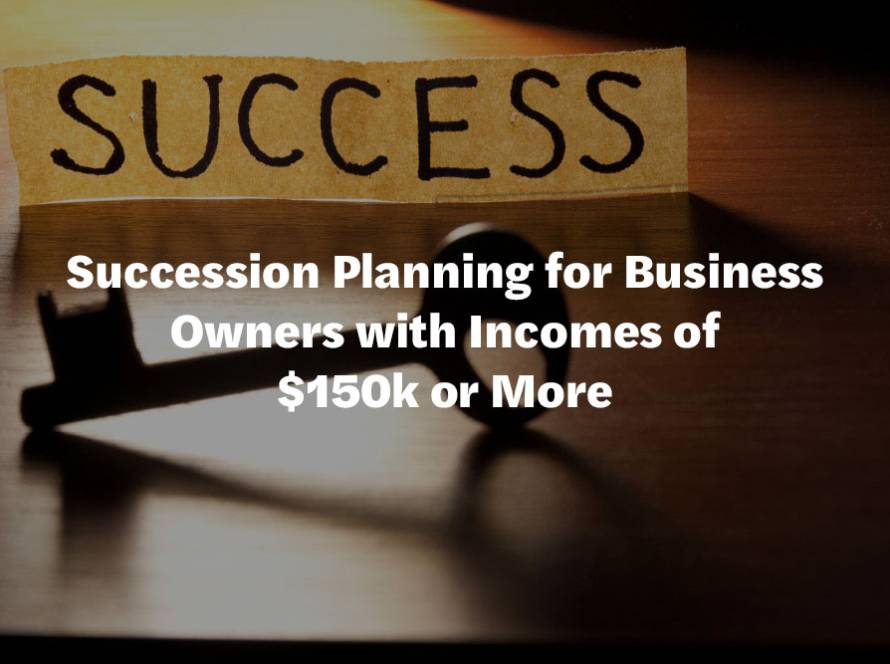Estate taxes can take a significant portion out of your legacy, reducing what you can pass on to your heirs. However, with careful planning and strategic use of legal tools, you can minimize the impact of these taxes on your estate. Here’s how you can preserve more of your wealth for future generations by minimizing estate taxes.
Understanding Estate Taxes
Estate taxes, often referred to as “death taxes,” are levied on the estate of a deceased person before the distribution to the heirs. The federal government imposes estate taxes, and some states have their own estate or inheritance taxes. The key to minimizing these taxes is early and proactive planning.
Strategies to Minimize Estate Taxes
- Lifetime Gift Exemptions: One of the simplest ways to reduce your taxable estate is by making use of lifetime gift exemptions. As of current laws, you can give a certain amount per year to an individual without incurring gift tax. Over time, these gifts can significantly reduce the size of your estate.
- Irrevocable Trusts: Placing assets in an irrevocable trust effectively removes them from your estate. Since you no longer own the assets, they are not included in your estate for tax purposes. Types of irrevocable trusts include life insurance trusts, bypass trusts, and charitable trusts.
- Charitable Contributions: Donating to charity is not only philanthropically rewarding but also can be tax-efficient. Assets gifted to charity are deductible from the value of your estate and can significantly reduce your estate taxes.
- Family Limited Partnerships (FLPs): FLPs are used to manage family businesses or property. You can transfer assets like family business interests to an FLP, reducing your personal estate’s value while still keeping control over the decisions affecting those assets.
- Utilize the Marital Deduction: Assets passed to your spouse are typically exempt from estate taxes upon your death due to the unlimited marital deduction. However, this only postpones the taxes until the death of your spouse, so additional planning is often necessary.
- Buy Life Insurance: Consider purchasing a life insurance policy and placing it in a life insurance trust. The proceeds from the policy can be used to pay any estate taxes due immediately upon your death, thus preserving the value of the estate for your heirs.
- Annual Exclusions: Beyond the lifetime gift exemption, you can also give up to a certain amount annually to as many people as you like without it counting against your estate.
The Role of Professional Estate Planners
Minimizing estate taxes involves complex financial and legal strategies that might change as laws evolve. Working with a professional estate planner ensures that your estate plan adheres to current laws and utilizes the most effective strategies for tax reduction. At Allenby Law, our expertise in estate tax planning can help you navigate these complexities.
Effective estate tax planning allows you to pass on the maximum possible portion of your wealth to the next generation. By employing strategic measures such as gifting, trusts, and charitable donations, you can significantly reduce the taxable value of your estate. At Allenby Law, we specialize in creating sophisticated estate plans that minimize tax liabilities and ensure your legacy thrives. Contact us today to learn how we can assist you in reducing your estate taxes effectively.



